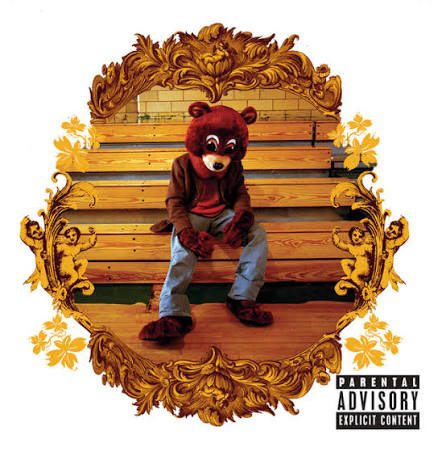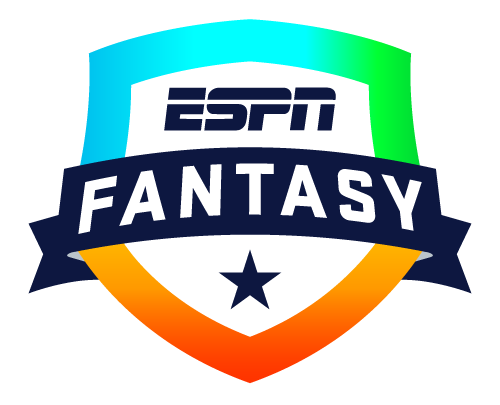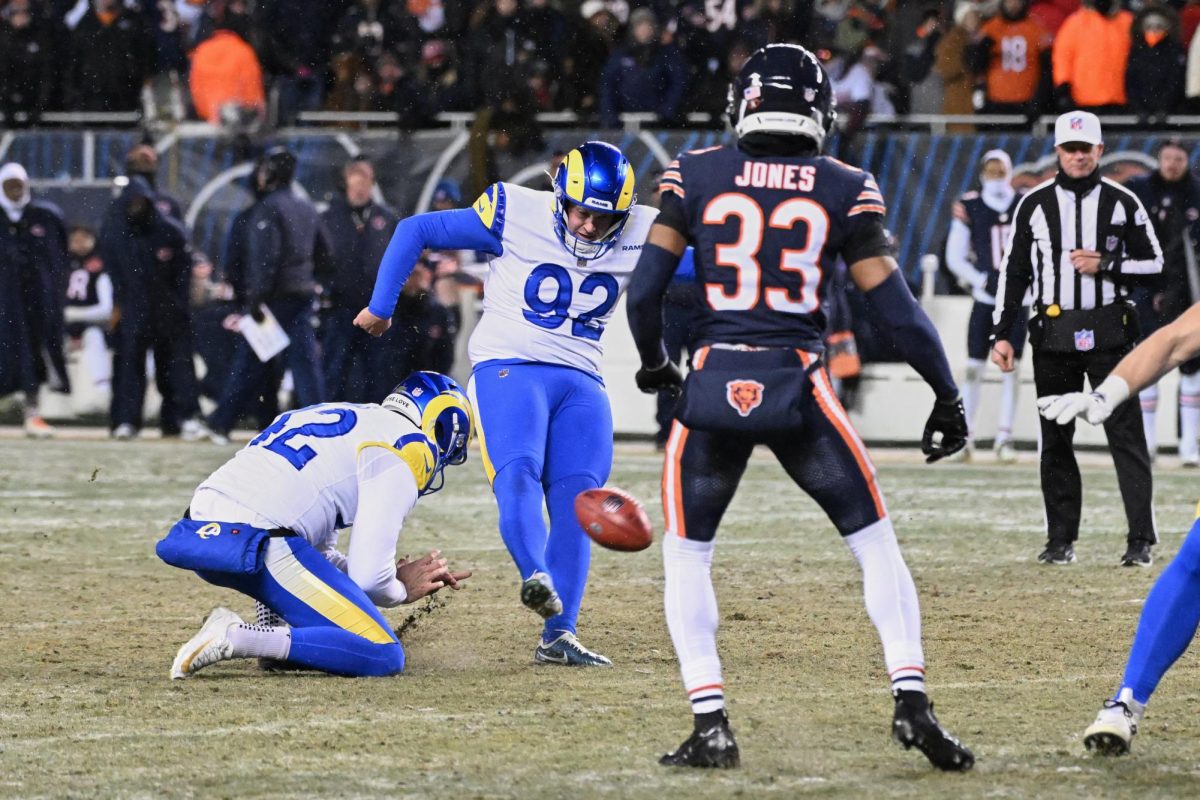Beyond the strategic play-making calls of professional coaches, organizations, and players, millions of people across the world harness their own enterprise of athletics. A strategic and immersive hobby that began with baseball enthusiasts in the 1960s has since evolved into a global phenomenon known as fantasy sports, captivating people to hyperfixate on minute details and stats of players and teams otherwise ignored. Initially played on paper, with the development of technological accessibility, the fantasy sports business has grown to become one of the most successful sports industries of all time.
Currently the Fantasy sports industry/global market stands at a whopping $24 billion dollars and is expected to increase to $89 billion by 2031. With a current player base of 60 million users across North America, it is no surprise that the industry has been so profitable.
This growth generates an outreach to communities otherwise deemed irrelevant to such industries, especially the younger audience. As Trevor Reenan ‘25, a long time fantasy sports participant stated, “I think the fact that fantasy sports is becoming so mainstream and easy to use helps it cater to a younger audience.” Especially with the increasing popularity of social media and the innate influence it has on younger audiences, fantasy sports has created a platform of socialization for teens. Forming leagues, facing off weekly.
The fact remains that the market is growing in addiction. With the ability to create entire sports teams and even franchises with just a smartphone, it is incredibly easy to indulge into the rabbit hole of fantasy sports. The competitive nature of every game, combined with the thrill of financial reward makes it difficult for many to stop playing. Especially with the introduction to Daily Fantasy Sports, sports betting has become increasingly addictive and lucrative in the business realm. Unlike traditional fantasy leagues, which last for an entire season, DFS contests allow for its participants to create new teams in the short-term, encouraging participants to constantly check their bets and players. Players of DFS usually pay an entry fee and compete against others, with winners determined by the points their chosen players accumulate through an extended period. This incredibly addictive format provides a quick opportunity to try and win money frequently contributing to its rapidly growing popularity. However, if a fantasy football addiction is unable to develop, there’s still a risk of developing a sports betting addiction.
As recent as 2022, 81 percent of fantasy sports players also bet on sports. Daily Fantasy 2.0 platforms, with their oddsmakers and analyst-driven bet lines, still choose to take advantage over its participants’ addiction. These platforms have grown in controversy offering new ways to risk money on performance predictions, oftentimes leading to high stakes wagers. These wagers disguised as a “skill based” bet is what allures the gambler ultimately contributing to a significant loss of finances. The constant nature of sports games means that gamblers can continually bet, increasing the risk of becoming addicted. So while fantasy betting can be a fun hobby, it’s still important for players to be mindful of the potential risks, including the link to gambling addictions, and bet responsibly.









































